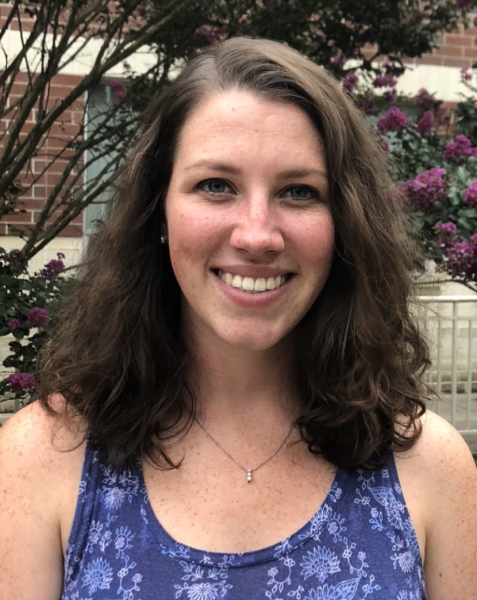North American Bird Names – The Apostrophes
ZoomBert Filemyr
Of the over 950 birds on ABA's North American Bird List, almost 100 have apostrophes in their common names. These birds are named in honor of some of our most famous North American ornithologists (Audubon's Shearwater, Wilson's Plover, Cassin's Finch, etc.). But some are named for little known people (Lucy's Warbler, Lincoln's Sparrow, Bicknell's Thrush, etc.) and some are even named in honor of people who never set foot in North America (Swainson's Thrush, Henslow's Sparrow, Bewick's Wren, etc.). Learn the fascinating stories behind the birds with apostrophes in their common names and the very human people who have been so honored.
Bert Filemyr is an active field birder both in the Delaware Valley and throughout North America. He has birded extensively in all 50 states. He has having seen at least 100 species in each of the lower 48 states plus several Canadian Provinces. Retired from a public school teaching career, he pursues his passion for birding while researching topics related to early American ornithology. He was a member of the championship Nikon/DVOC World Series of Birding Team, the Lagerhead Shrikes for many years. He co-authored, along with Jeff Holt the book "The Composite Prints of Audubon's Birds of America" and a major article on Alexander Wilson in the Wilson Journal of Ornithology.

